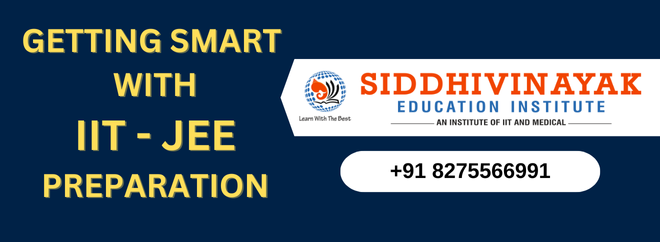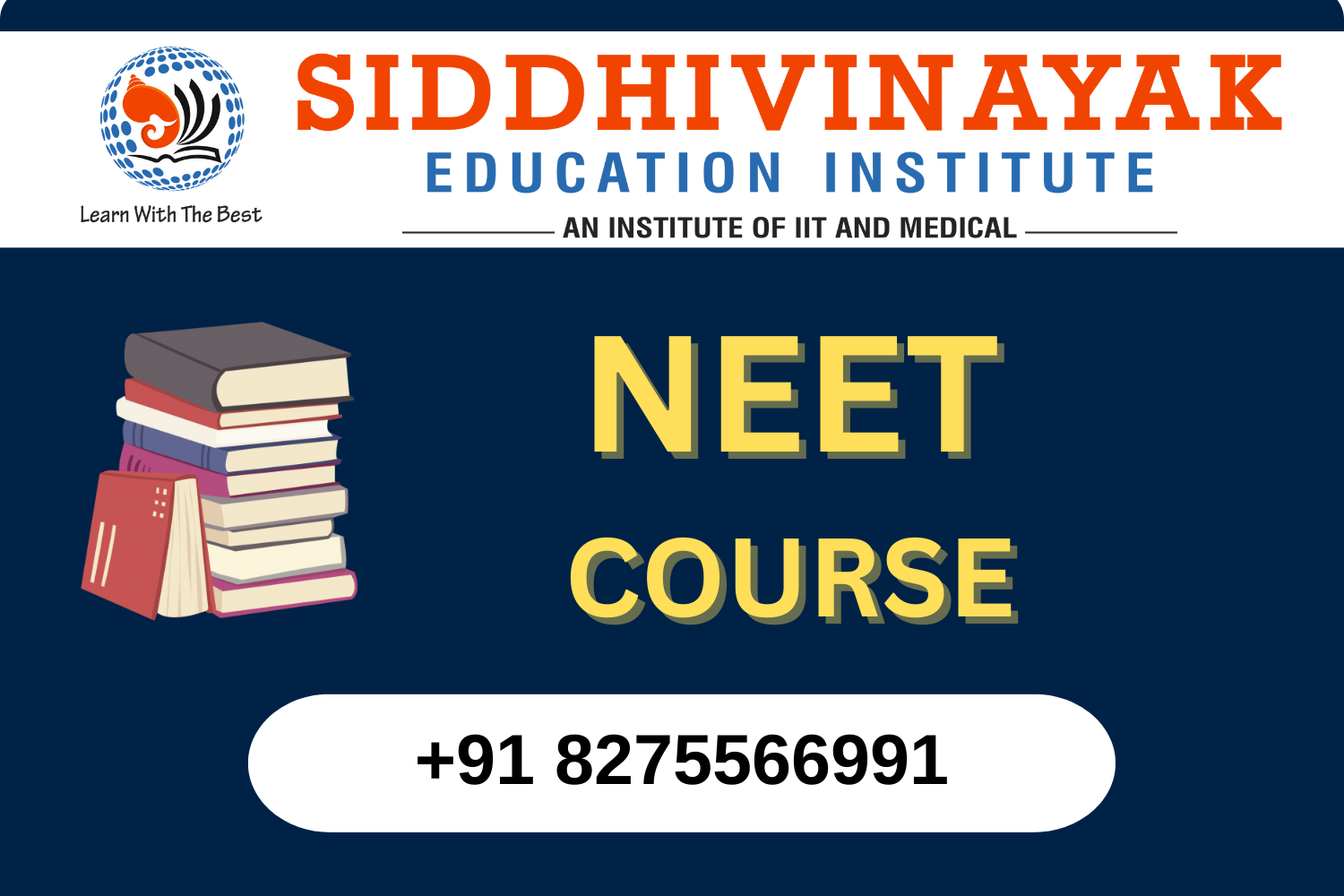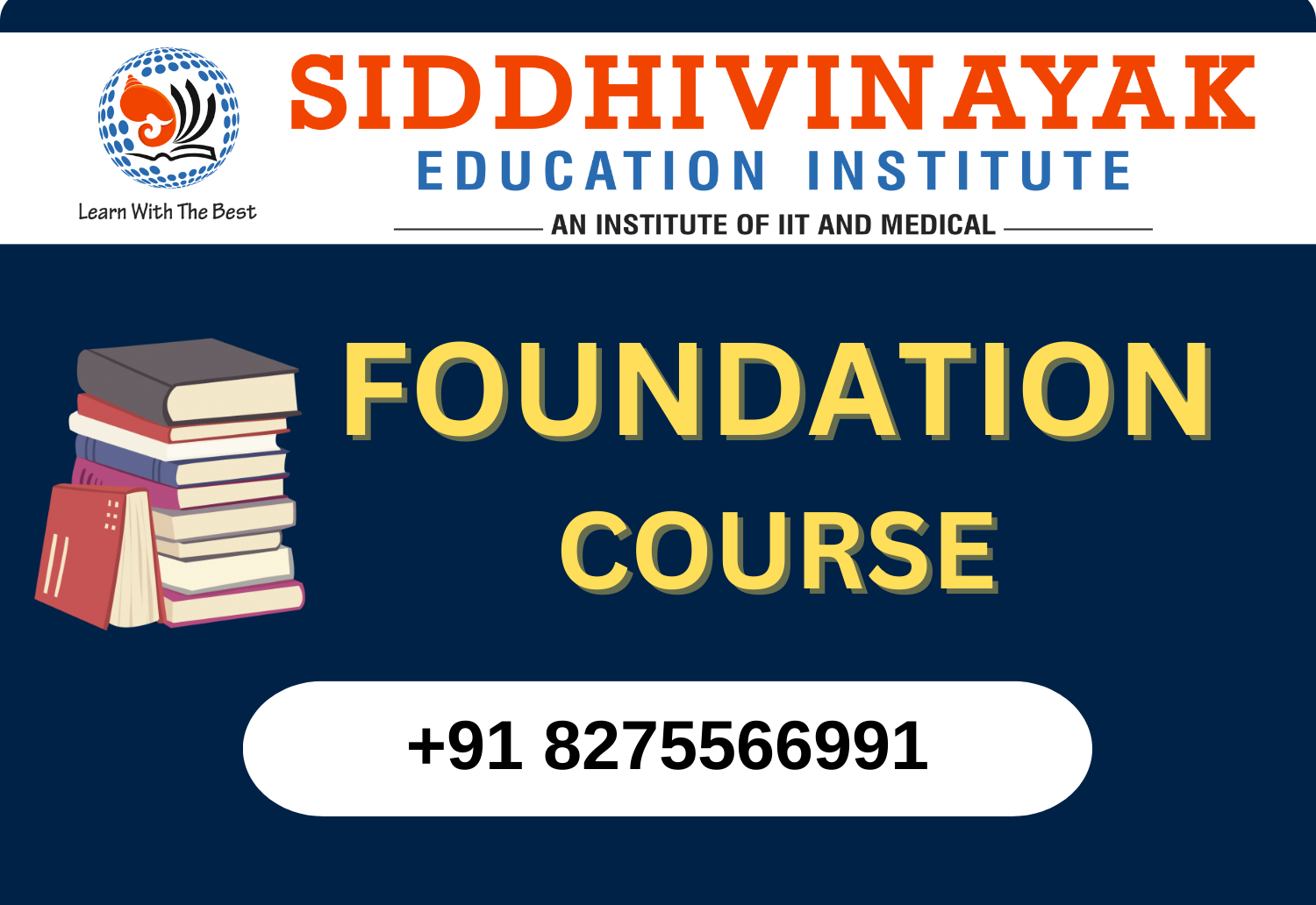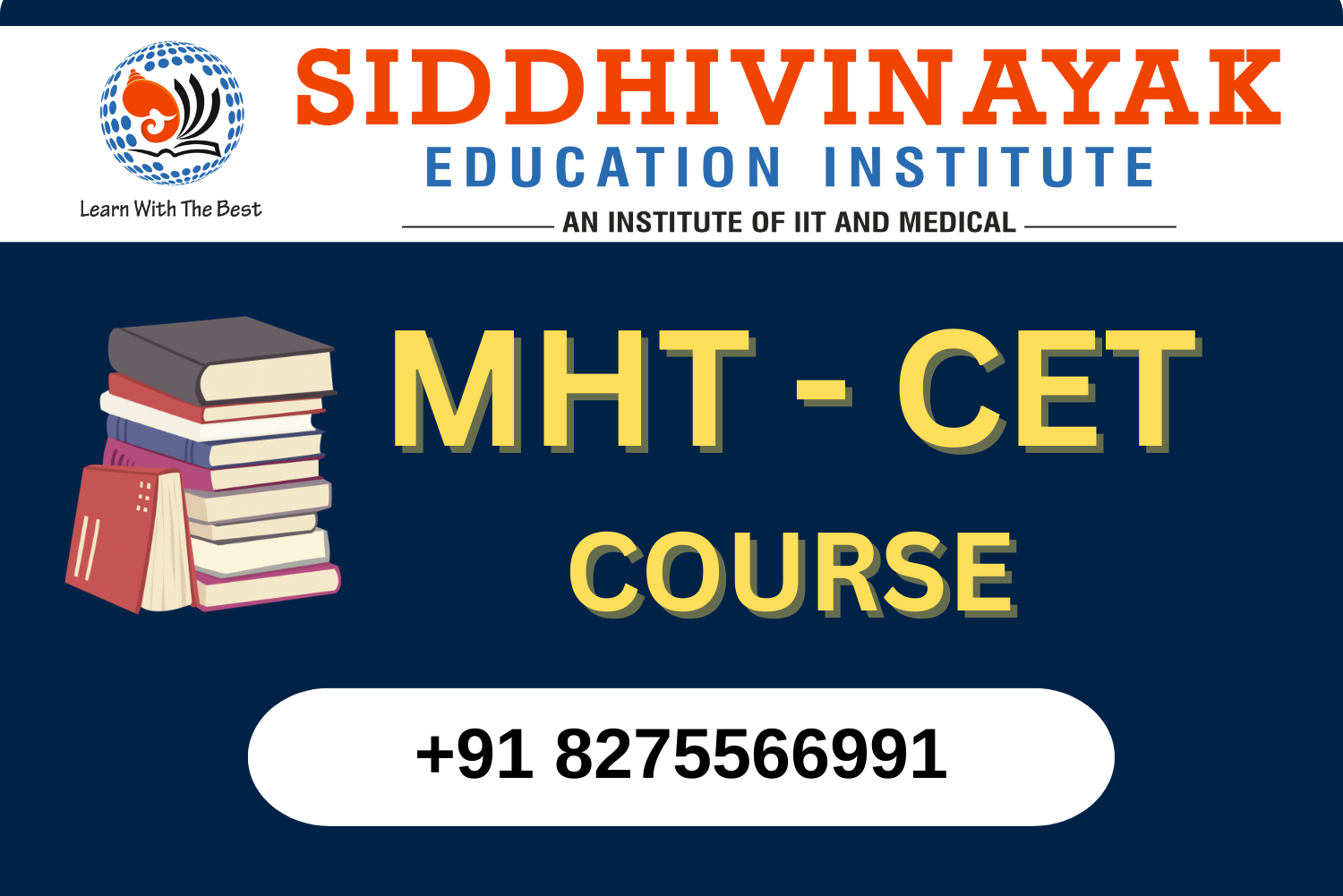IIT - JEE
The Joint Entrance Examination (JEE) is one of the most prestigious and competitive entrance exams in India, primarily conducted for admission into various engineering colleges. JEE is divided into two major parts: JEE Main and JEE Advanced. Understanding the structure, syllabus, and exam pattern is crucial for effective preparation

Structure of JEE
JEE Main
This is the first stage of the exam, and it serves as an entrance test for many undergraduate engineering programs across the country. It mainly covers subjects like Physics, Chemistry, and Mathematics.
JEE Advanced
Only the top performers of JEE Main are eligible to sit for JEE Advanced, which is required for admission into the Indian Institutes of Technology (IITs). The questions in JEE Advanced are designed to test not just knowledge but analytical and problem-solving skills.
Importance of JEE
JEE is vital for those aspiring to pursue a career in engineering. It acts as a gateway to some of the best engineering colleges in India, and a good rank can open up numerous opportunities in various fields of engineering.
JEE Syllabus
The JEE syllabus includes topics from three main subjects: Physics, Chemistry, and Mathematics. Below are the key subjects and concepts you need to focus on while preparing.
Physics
- Mechanics: Covers topics like Newton's Laws, work, energy, and momentum. Understanding these principles is essential for solving problems related to motion and forces.
- Electromagnetism: Involves studying electric fields, magnetic fields, and basic circuits. Grasping these concepts helps in solving complex problems related to electricity and magnetism.
- Thermodynamics: Focuses on the laws of thermodynamics, heat transfer, and engines. Having a clear understanding of these principles is necessary for various engineering applications.
Chemistry
- Physical Chemistry: Includes concepts such as stoichiometry, thermodynamics, and chemical kinetics. Make sure you understand how to apply these concepts to real-world scenarios.
- Organic Chemistry: Understanding the structure, properties, and reactions of organic compounds is vital. Focus on reaction mechanisms and synthesis.
- Inorganic Chemistry: Studies the properties of inorganic compounds and their applications. Key topics include coordination compounds and periodic table trends.
Mathematics
- Algebra: This includes concepts such as quadratic equations, permutations, combinations, and probability. Strong algebra skills are essential for solving higher-order problems.
- Calculus: Understanding limits, derivatives, and integrals is crucial. These concepts are applied in various fields of engineering.
- Trigonometry and Geometry: Familiarize yourself with trigonometric identities, properties of triangles, and coordinate geometry to solve a variety of problems effectively.
JEE Syllabus
JEE Main
- Format: The exam consists of multiple-choice questions (MCQs) and numerical-based problems. You will have to tackle a variety of question types, so it is essential to practice adequately
- Duration: The total time for JEE Main is three hours, and the exam usually comprises 90 questions, 30 from each subject.
JEE Advanced
- Format: The examination includes two papers, each lasting three hours. Each paper contains a mix of MCQs, numerical-type questions, and integer-type questions.
- Strategy: The dual-paper format requires careful time management and strategic planning, as some questions are conceptual and time-consuming.
Preparation Strategy
JEE Advanced
- Format: The examination includes two papers, each lasting three hours. Each paper contains a mix of MCQs, numerical-type questions, and integer-type questions.
- Strategy: The dual-paper format requires careful time management and strategic planning, as some questions are conceptual and time-consuming.
Study Plan
Creating a well-structured study plan is essential for effective preparation. Start by analyzing your strengths and weaknesses in each subject. Allocate daily study hours, ensuring that you cover every topic in the syllabus.
Resources
- Books: Use reference books recommended for JEE preparation. NCERT books are also essential, especially for Chemistry, as they cover the school syllabus.
- Online Resources: Numerous online platforms provide mock tests, video lectures, and practice sets that simulate the exam environment, which can enhance your preparation.
Practice and Revision
Regular practice is crucial for mastering the subjects. Solve previous years' question papers and take timed tests to improve your speed and accuracy. Regular revision helps solidify your understanding and recall of concepts.
Important Tips for Success
Time Management
Managing your time efficiently during preparation and during the exam is key. Practice completing tests within the allotted time and improve on any areas where you struggle.
Conceptual Clarity
Focus on understanding the underlying concepts rather than merely memorizing formulas. Conceptual clarity will enable you to tackle a variety of problem types with confidence.
Stress Management
Preparing for JEE can be stressful. Incorporate relaxation techniques, physical activity, and hobbies into your routine to manage stress levels effectively.
Exercises and Discussion Questions
Exercises
- Create your study timetable for one week. Ensure you allocate time for each subject and incorporate breaks.
- Solve at least one previous year’s JEE paper within the given time limit and analyze your performance.
Discussion Questions
- Discuss the role of teamwork in preparing for competitive exams. How can peers help each other in improving understanding and performance?
- What are the pros and cons of using online resources versus physical textbooks for exam preparation? Share your insights.
Summary
JEE is a significant milestone for aspiring engineers, and understanding its structure, syllabus, and effective preparation strategies will pave the way for success. As you embark on your JEE journey, remember to maintain a balanced approach, focusing on both knowledge and exam strategies. Engage actively in your studies, and utilize the practices and resources available to you.
SIDDHIVINAYAK EDUCATOINAL INSTITUTE
Nurturing Minds, Shaping Futures
Join us at SIDDHIVINAYAK EDUCATOINAL INSTITUTE and embark on a transformative educational journey where excellence is not just a goal but a way of life. Discover your potential, pursue your passions, and prepare for a future full of opportunities. Welcome to a place where education meets inspiration, and every student is empowered to shine.



